
Kennedy Center Honors Grateful Dead, Bonnie Raitt, and The Apollo

The Kennedy Center Honors ceremony was an extraordinary celebration this year, as it shone the spotlight on a diverse array of legendary figures in the arts while breaking new ground by recognizing a venue for the first time. This unique spectacle, held on December 8, 2024, was a festive tribute not only to individuals but also to the iconic Apollo Theater in Harlem, celebrating its 90-year influence on American culture. The artists lauded this year included The Grateful Dead, whose musical experimentation and community-building were brought to life through heartfelt tributes from fans like Nancy Pelosi and David Letterman. The latter even emerged humorously from a prop Deadhead VW van, exclaiming his signature humor.
The recognition of The Apollo marked a historic moment, underlining its critical role in launching the careers of numerous Black artists. Performers such as Savion Glover contributed to a spirited homage with a vibrant tap dance, while comedian Dave Chappelle humorously recounted his nerve-wracking first performance at the theater, acknowledging its importance in his comedic journey. This is the first time the Kennedy Center has chosen to honor a specific cultural venue, highlighting The Apollo's legacy on the U.S. arts landscape. The night was filled with performances celebrating its influence, reminding attendees of how the venue has continued to light the way for new generations of performers.
Among the night’s honorees, filmmaker Francis Ford Coppola's tribute was graced by Hollywood icons Robert De Niro, Martin Scorsese, and Al Pacino, who praised Coppola's visionary filmmaking and unyielding support for upcoming talent. They described Coppola's daring creativity as an inspiration for others to feel brave enough to “jump off cliffs.” Bonnie Raitt, honored for her extensive contribution to music and advocacy, received moving testimonials from industry peers, with performances by musicians like Emmylou Harris and Sheryl Crow. Julia Louis-Dreyfus summarized Raitt's appeal by acknowledging her authentic spirit and broad musical range.
Jazz maestro Arturo Sandoval was lauded for his exceptional musical talents, with actor Andy Garcia, who played Sandoval in a biopic, adding a touch of light-hearted humor while also expressing profound respect and admiration for Sandoval’s artistic journey. Chris Botti performed a evocative rendition of “Smile,” encapsulating the beauty that Sandoval brings to the trumpet. Sandoval's story is inspirational, having defected from Cuba to pursue his musical ambitions in the U.S., a narrative that resonated deeply with attendees.
This year’s unique celebration paid tribute to artists and a venue, reflecting a significant blend of past achievements and cultural impact. The event also featured a tribute to the Grateful Dead, complete with music from celebrity fans and offspring of band members, signaling how their legacy continues to resonate. The ceremony, airing later in December on CBS, served as a vibrant illustration of American culture's breadth, showcasing not only musical milestones but the venues that foster such creative bursts. Former Speaker of the House, Nancy Pelosi, underscored this theme by recalling her own experiences as a “Deadhead,” highlighting the band's enduring influence across generations.
President Joe Biden, who attended the honors for the last time during his current term, praised the honorees at a preceding White House reception. He commended their ability to challenge power creatively and emphasized the importance of artistic expression free from fear, earning a standing ovation. Amidst a backdrop of political change—as incoming President Donald Trump had notably opted not to attend in past years—the ceremony was a poignant reminder of art's power to transcend political divides and celebrate cultural achievements.
Key Takeaways
-
www.npr.org | Comedy was a unique tribute element at the honors with David Letterman making an appearance, celebrating the Grateful Dead.
-
www.reuters.com | During the Kennedy Center Honors, President Joe Biden highlighted the role of artists in challenging power and fostering freedom through their work.



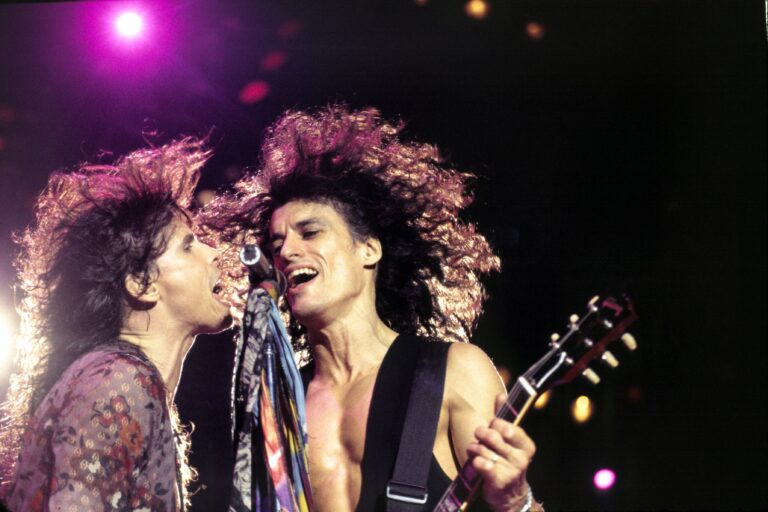
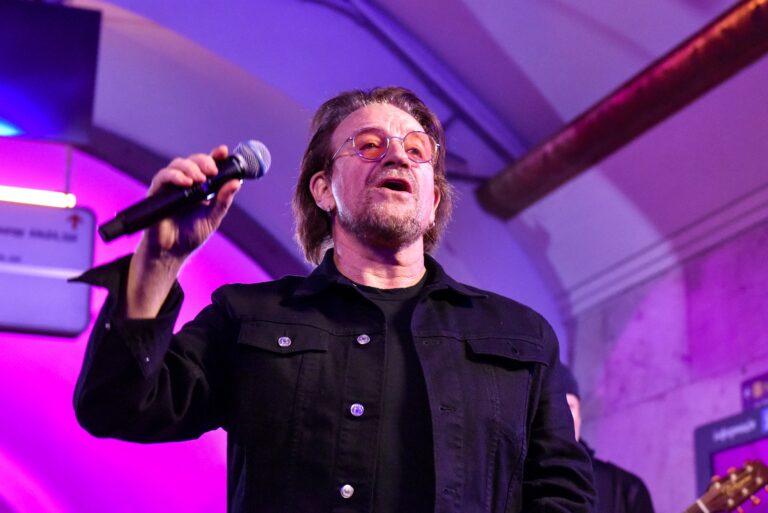
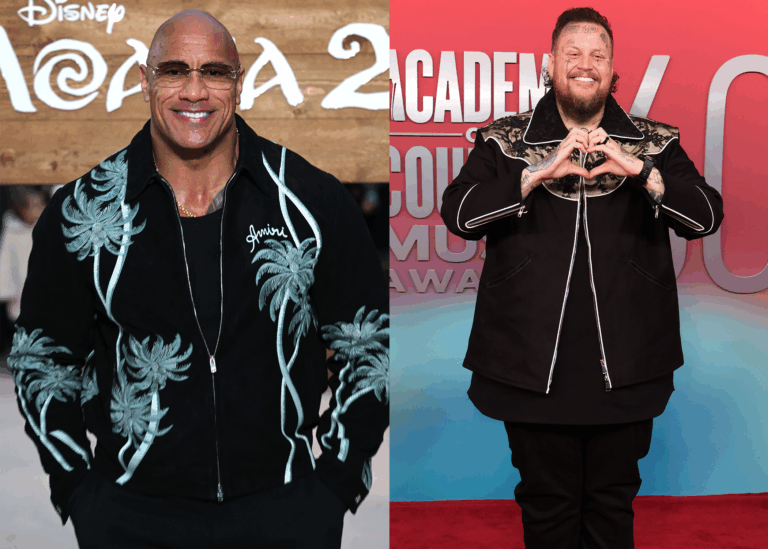
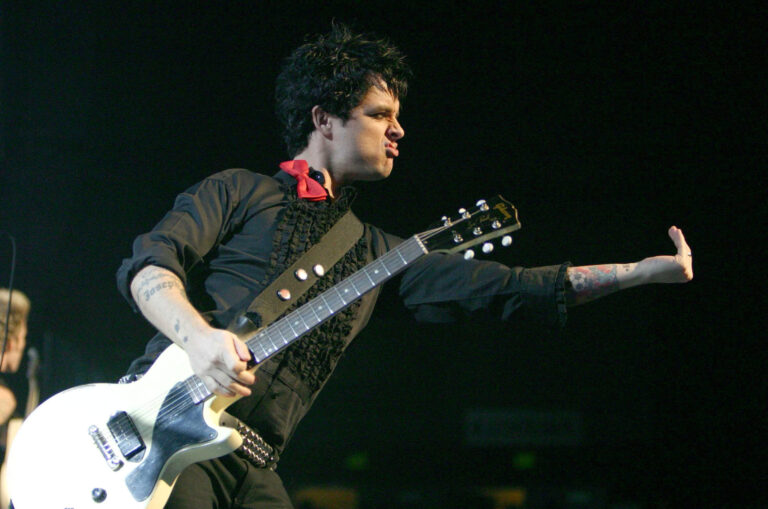
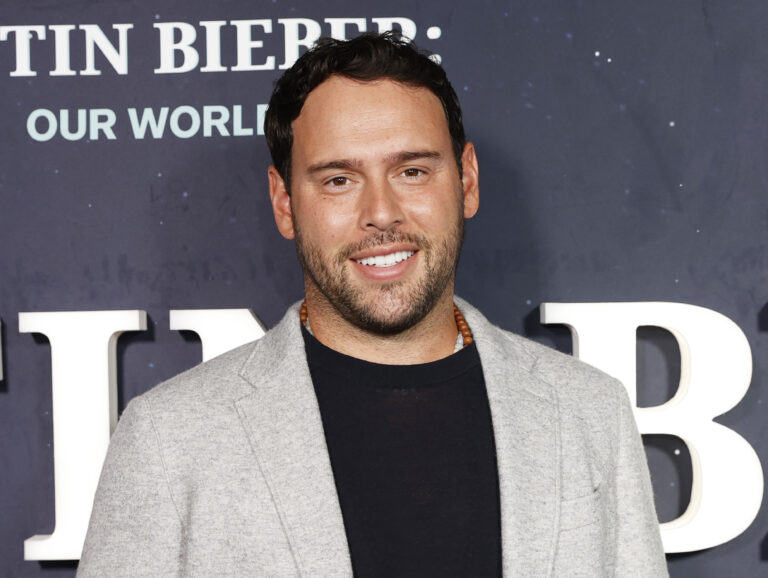
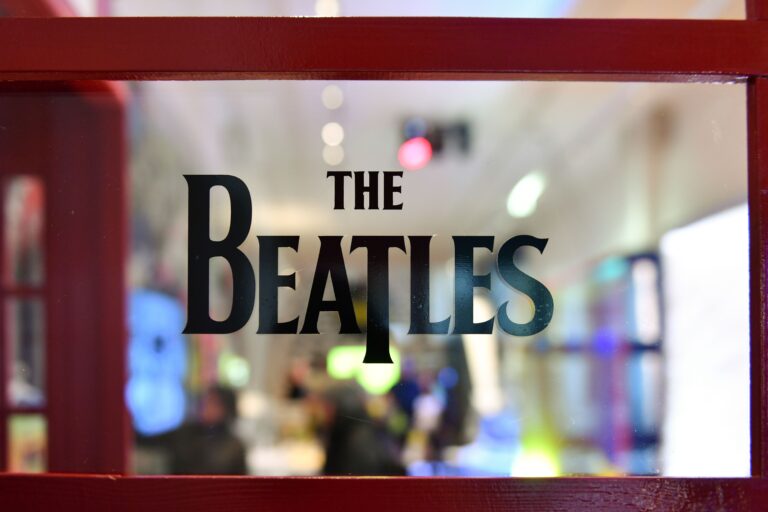
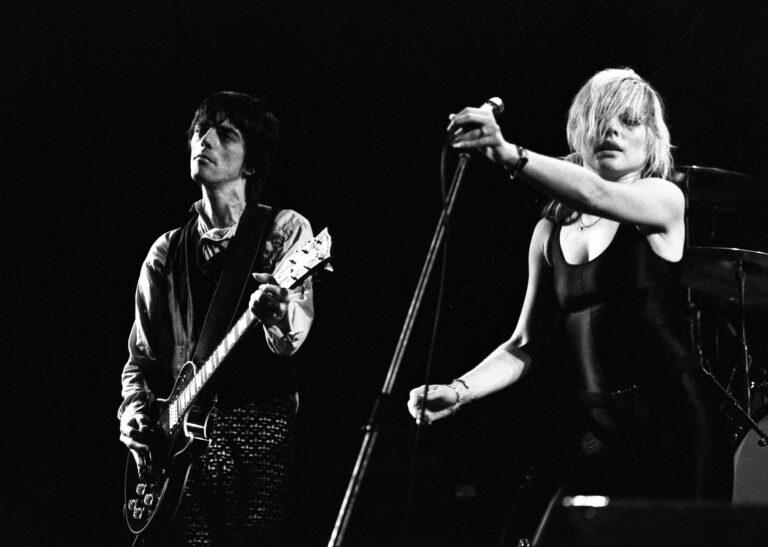
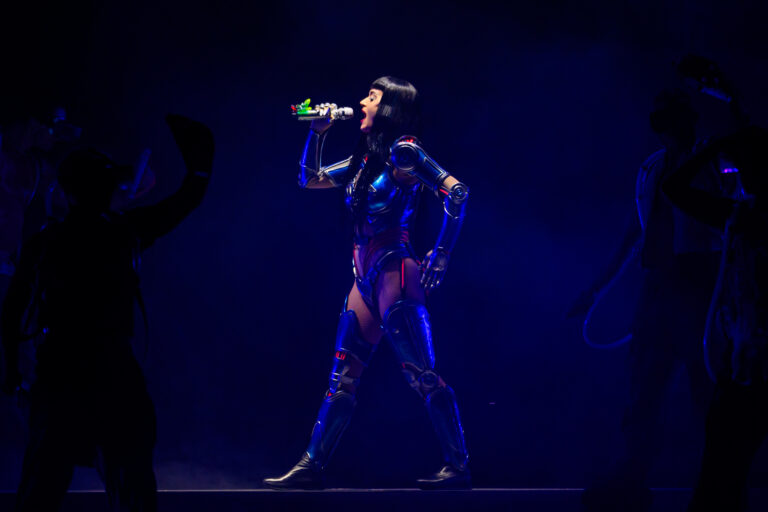
Plush & Disturbed’s David Draiman Collab on New Song ‘Why’
Rock band PLUSH has recently thrown themselves into the spotlight with the release of the music video for their latest…